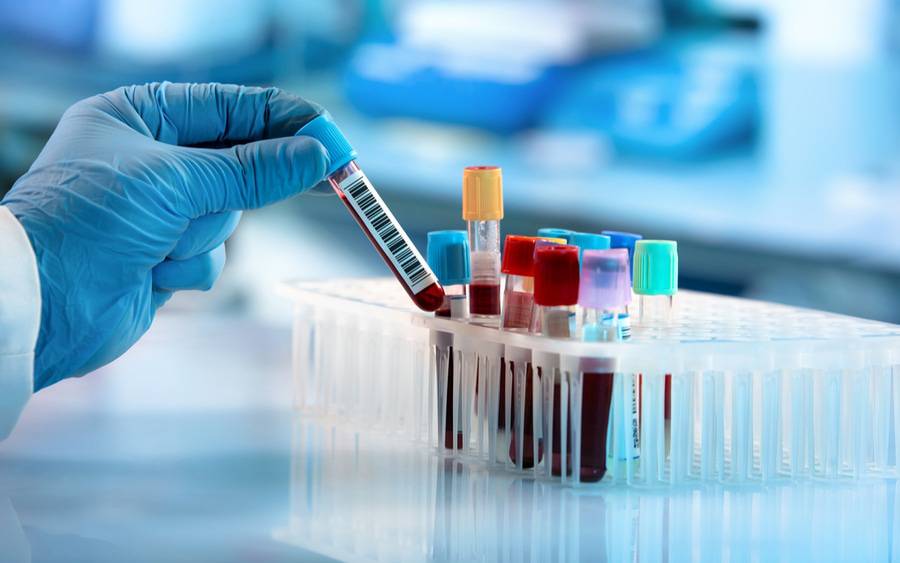Researchers at Johns Hopkins University have made a groundbreaking discovery in cancer detection. They found a way to identify genetic material shed by tumors in the bloodstream up to three years before a cancer diagnosis. This study, appearing in the journal Cancer Discovery, was partly funded by the National Institutes of Health and involved analyzing plasma samples from a large study on cardiovascular risk factors.
In their analysis, researchers examined blood samples from 52 participants, 26 of whom were diagnosed with cancer within six months and 26 who were not. They discovered that genetic material from tumors could be detected in the blood long before a clinical diagnosis. Eight participants tested positive on a multi-cancer early detection (MCED) lab test and were diagnosed with cancer within four months of their blood samples being collected.
MCED tests are experimental screenings that look for multiple types of cancer simultaneously by identifying DNA, RNA, or proteins from abnormal cells. According to the American Cancer Society, these tests hold promise for early cancer detection. The researchers were able to analyze additional blood samples from six of the eight individuals, collected over three years before their diagnosis.
In four of these samples, tumor-derived mutations were identified, indicating the presence of cancer cells long before any traditional diagnostic methods could detect them. “Three years earlier provides time for intervention,” explained Yuxuan Wang, MD, PhD, the lead study author from Johns Hopkins University School of Medicine. She emphasized that detecting cancer this early could make it more curable.
Senior study author Bert Vogelstein, MD, highlighted the potential of MCED tests in setting benchmarks for early cancer detection. Such early detection could lead to better management and outcomes, according to Nickolas Papadopoulos, PhD, another senior author of the study. He emphasized the need for determining appropriate clinical follow-up for positive test results.
This research not only sheds light on a new method of early cancer detection but also on the potential for improving patient outcomes. It could revolutionize how cancer is diagnosed and treated, providing hope for earlier intervention and more effective treatments. The study’s insights into the genetic makeup of tumors may pave the way for innovative approaches in cancer care.
Angelica Stabile, a lifestyle reporter for Fox News Digital, reported that Fox News reached out to Johns Hopkins for further comments. The study’s findings have the potential to change the landscape of cancer diagnostics significantly. This breakthrough highlights the importance of continuous research and the potential impact of early detection on patient survival rates.



